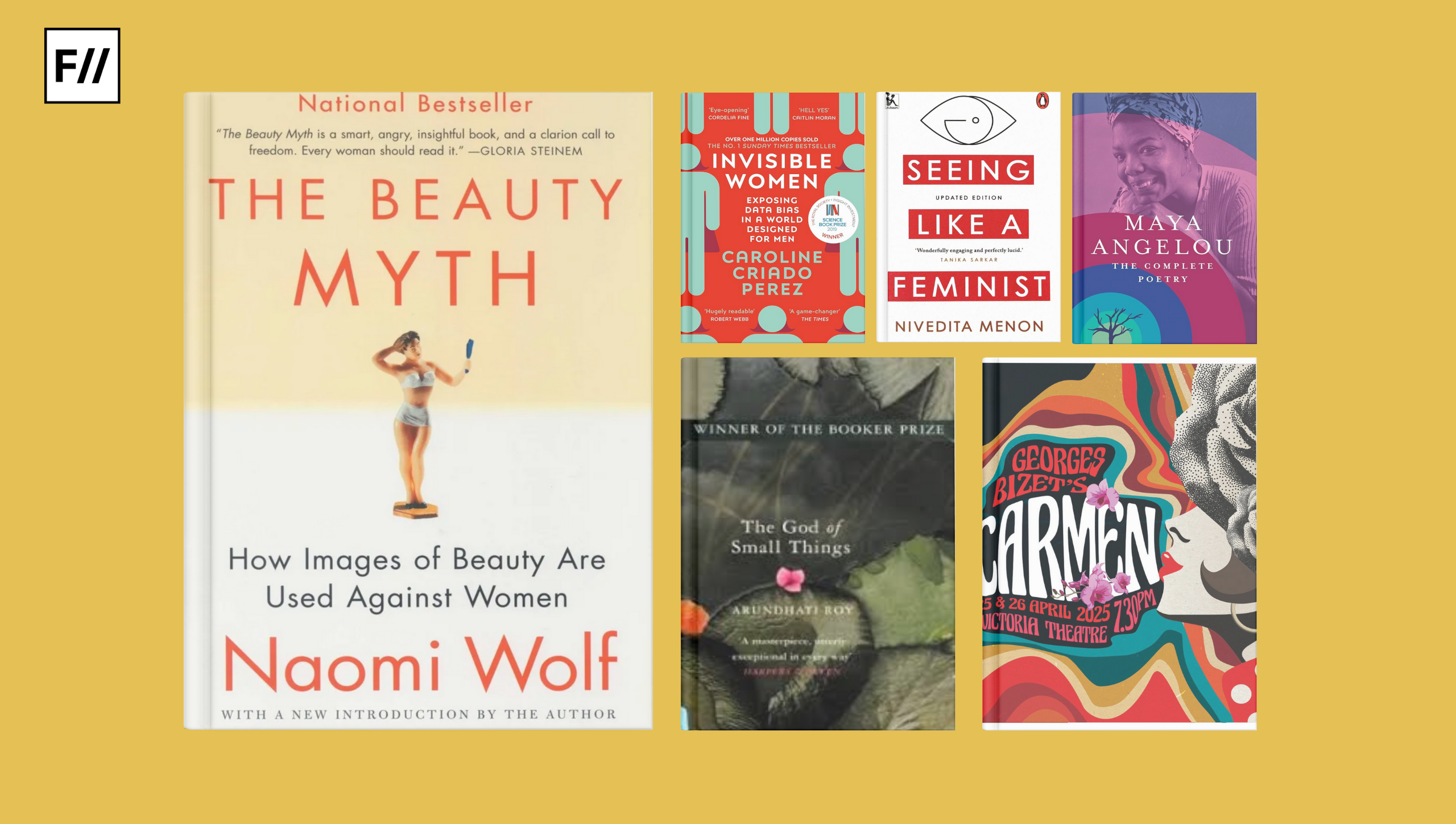The way that mental disorders are portrayed in literature greatly influences and reflects how society views mental health.
Fictional stories have a significant impact because they produce comprehensible and approachable images that shape societal perceptions of mental health issues and intellectual disability. Literary representations, in contrast to medical descriptions, are not factually accurate; instead, they emphasise narrative and the creation of a shared understanding between the author and the reader.
One important area of literature that illuminates the intersections between gender and mental health issues is the representation of intellectual disability in women’s fiction. The realisation that mental health disorders affect women differently than men has led to an increase in the literary discussion of women’s mental health conditions.
Women are more likely than males to suffer from mental health issues, and their experiences with diseases like anxiety and depression might differ. Destigmatising mental health problems in women and drawing attention to the particular challenges that women experience have been made possible in large part by literature.
Indian English authors have made a vital contribution to the larger conversation on gender and mental health. They frequently offer complex depictions of female protagonists overcoming a range of obstacles, including, trauma, familial expectations, cultural conventions, and personal problems. The following is a list of works by Indian writers that advance the conversation about mental health and gender.
1. Cry, the Peacock
Anita Desai’s Cry, the Peacock deftly examines Maya’s psychological struggles, hopelessness, and existential crises. Through the prism of Freud’s Electra complex, the novel explores Maya’s inner anguish and her battles with an abusive marriage, social expectations, and a pervasive fixation with her father. Maya’s neurosis, which is brought on by her emotions of shame and estrangement as well as the omen of impending doom for her fourth year of marriage, is what defines her psychological breakdown. Her neurosis is exacerbated by her sensitivity and her failure to build a relationship with her husband, Gautama.

The way that Desai depicts Maya’s psychological struggles is based on the differences between the worlds of men and women, emphasising how vulnerable a woman is in a society where men rule.
2. Difficult Daughters
Manju Kapur’s Difficult Daughters is a complicated story that explores the inner difficulties, emotional problems, and cultural pressures of the main character, Virmati, to show her mental torment. The novel depicts Virmati’s mental anguish as she juggles her obligations to her family, her ambitions, and social norms. She is uneasy about her covert relationship with the professor, which causes emotional upheaval and a sense of dislocation.
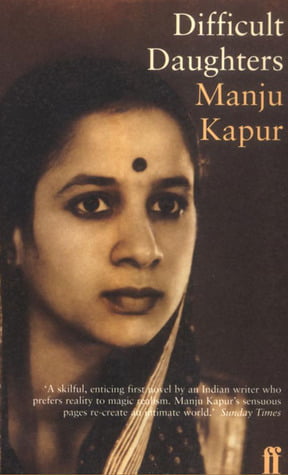
The author deftly describes Virmati’s emotional journey, bringing to light the inner struggles she encounters while juggling her own goals and the limitations placed on her by her conventional upbringing. The patriarchal institutions and societal norms that bind Virmati further aggravate her mental anguish by forcing her to look for approval and recognition in a society that frequently marginalises the voices and agency of women.
3. Girls Are Coming Out of the Woods
The powerful examination of the emotional struggles, pain, and resilience of women experiencing assault and societal injustice in Tishani Doshi’s “Girls Are Coming Out of the Woods” serves as a powerful vehicle for illustrating mental health issues. Doshi explores the psychological effects of gendered violence in her collection of poems, providing a vivid and honest account of the inner turmoil faced by women who have been subjected to abuse and discrimination.
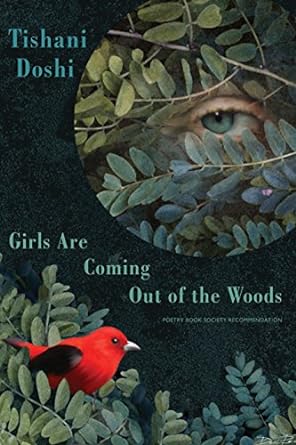
Dosh portrays the unsettling experiences of women coming out of the shadows, finding their voices again, and facing the trauma that has been inflicted upon them using vivid images. The poems highlight the psychological wounds caused by violence. In addition to addressing the direct consequences of violence on women’s mental health, Doshi’s work explores the larger social framework that supports gender-based violence and its long-term implications on women’s mental health.
4. The Palace of Illusions
Chitra Banerjee Divakaruni’s The Palace of Illusions uses Panchaali, a major character in the Hindu epic Mahabharata, as a vehicle for illustrating trauma and identity crises. As Panchaali’s heroine makes her way through a patriarchal environment full of obstacles and betrayals, she exemplifies complexity, tenacity, and resilience.
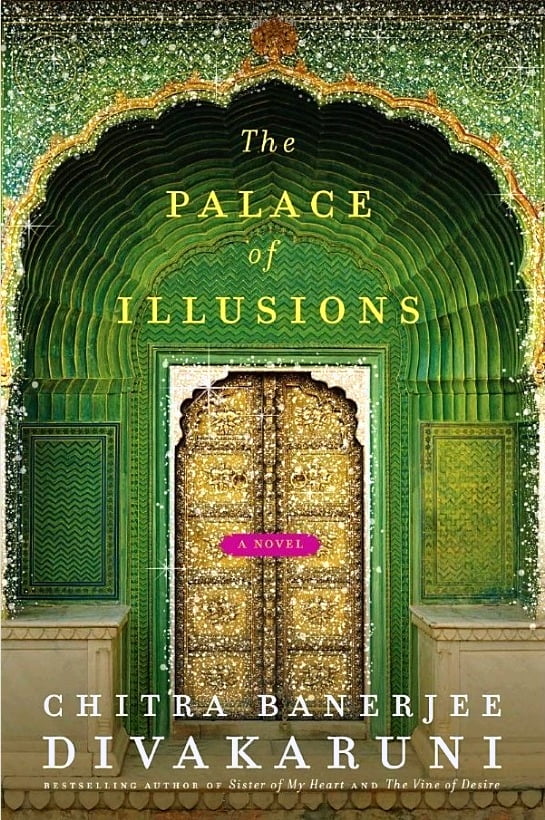
The novel explores Panchaali’s horrific past, which includes her five forced marriages to royal husbands, her father’s kingdom being taken from her, years spent in exile, and her participation in the war. As Panchaali struggles with the fallout from her deeds, her relationships with her husbands, and her complex friendship with the mysterious Krishna, Divakaruni captures her inner torment and emotional upheaval. The author examines the significant effects of trauma on identity development through Panchaali’s story, emphasising how outside circumstances mould a person’s sense of self and purpose. Moments of reflection, self-awareness, and resiliency characterise Panchaali’s path as she faces the difficulties of her situation and tries to claim her agency in a world where men rule.
5. The God of Small Things
Arundhati Roy’s novel The God of Small Things addresses women’s psychological problems in several different ways. The trauma and identity crises that the female characters—especially Ammu, the mother of the twin protagonists, Rahel and Estha—face are depicted by the author. The problems of women in a patriarchal society—where they face discrimination and oppression—are personified by Ammu’s figure.
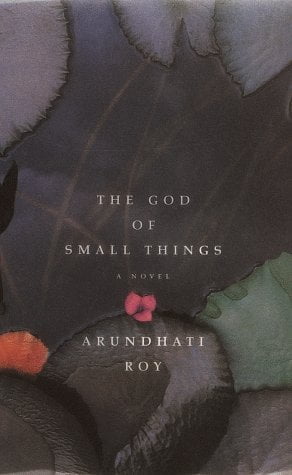
The novel delves into the psychological effects of these social conventions on Ammu, who finds herself stuck in a loveless marriage and turns to an extramarital affair for comfort—a relationship that finally brings her to ruin. Roy also explores the psychological trauma that Rahel and Estha, the twin protagonists, who suffer from maltreatment and neglect as children, must endure. As they strive to make sense of their history and find their place in the world, the novel examines the long-term impact of these horrific experiences on their mental health.
Additionally, the book employs psychological theory to examine the motivations and actions of the characters, especially as they pertain to gender issues.
6. The Folded Earth
The Folded Earth by Anuradha Roy delves into themes of identity, loneliness, and societal expectations to address the problem of psychological well-being among women. The book explores the inner turmoil and emotional battles that female characters endure, illuminating the nuances of their mental health and overall well-being.

Following the death of her spouse, Maya, the main character is struggling with sadness and loneliness. The novel examines the psychological effects of social isolation as well as the difficulties faced by women like Maya in patriarchal societies in adjusting to social standards and expectations. The author highlights the psychological difficulties faced by women who feel alone because of a lack of connectedness with others.
Roy emphasises the effects of social isolation on women’s mental health and the value of connection and support in preserving psychological well-being. The novel also explores the subject of identity, especially as it relates to women navigating patriarchal societies.
These books advance a more inclusive and complex understanding of gender and mental health by providing varied and complex depictions of women’s experiences. They dispel preconceived notions, urge readers to identify with the hardships of female characters and push for more community understanding and support of mental health concerns.
This is by no means an exhaustive or representative list. Suggestions to add to this listicle are welcome in the comments section.
About the author(s)
Insha Qayoom Shah is a Research Scholar from the Department of English, University of Kashmir pursuing her PhD on Female Revisionary Mythmaking: A Study of Select Novels. The areas of her interest include Feminism, Mythology and the Revisionary literature. She has presented four papers in different national and international conferences. She has also contributed chapters in three books dealing with the feminism and gender studies.




